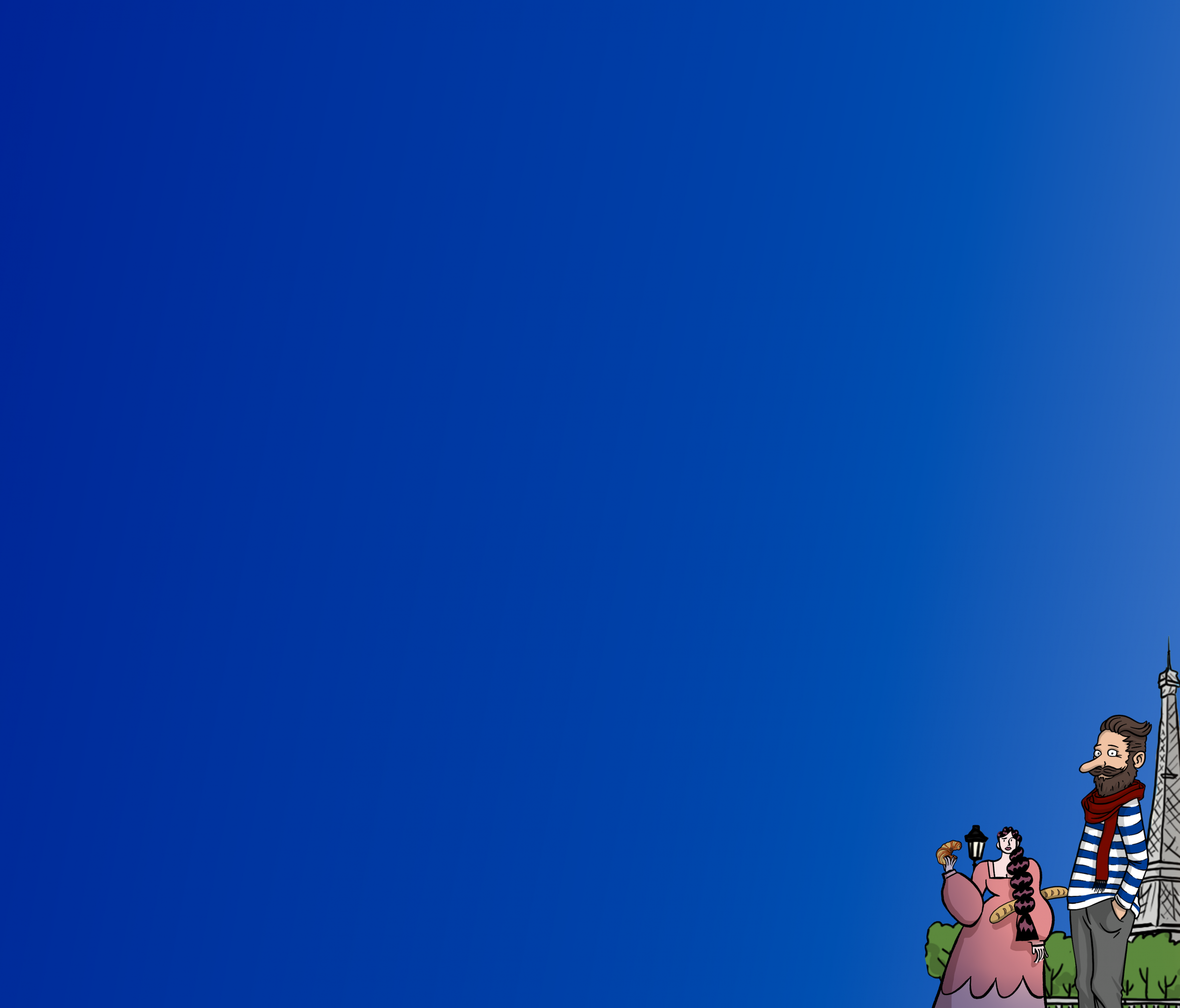Expressing necessity with the infinitive or the subjunctive
Expressions such as il faut, il est nécessaire, important, essentiel or avoir besoin are used to express necessity. There are two possible constructions: with the infinitive or the subjunctive.
Il faut que tu viennes. (subjonctif)
Il faut venir. (infinitif)
Il faut venir. (infinitif)
• After de or il faut, the verb stays in the infinitive:
Il est important d’écouter les conseils de Victor It's important to listen to Victor's advice.
Muriel a besoin de se mettre au travail Muriel needs to get down to work.
Il faut rentrer avant la pluie You need to come back before it rains.
Muriel a besoin de se mettre au travail Muriel needs to get down to work.
Il faut rentrer avant la pluie You need to come back before it rains.
• After que, we use the present form of the subjunctive:
Il faut que vous rentriez avant la pluie. rentrer, subjonctif présent You need to come back before it rains.
Il est important que nous écoutions les conseils de Victor. écouter, subjonctif présent It's important that we listen to Victor's advice.
Muriel a besoin que Victor se mette au travail. mettre, subjonctif présent Muriel needs Victor to get down to work.
Il est important que nous écoutions les conseils de Victor. écouter, subjonctif présent It's important that we listen to Victor's advice.
Muriel a besoin que Victor se mette au travail. mettre, subjonctif présent Muriel needs Victor to get down to work.
Still having trouble with 'Expressing necessity with the infinitive or the subjunctive'? Master the rules of French grammar and improve your French level thanks to our online French lessons Frantastique. We're offering a 7-day free trial, so what are you waiting for?
What our users say:
Looking to improve French for beginners? Frantastique provides effective and fun training!
Tips for learning 'Expressing necessity with the infinitive or the subjunctive'? Share them with us!

